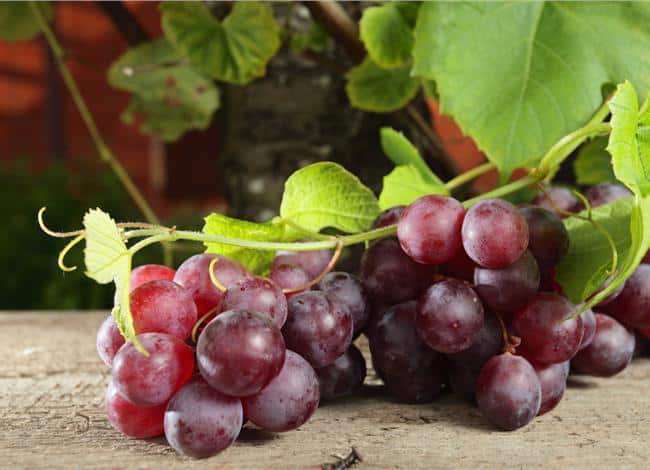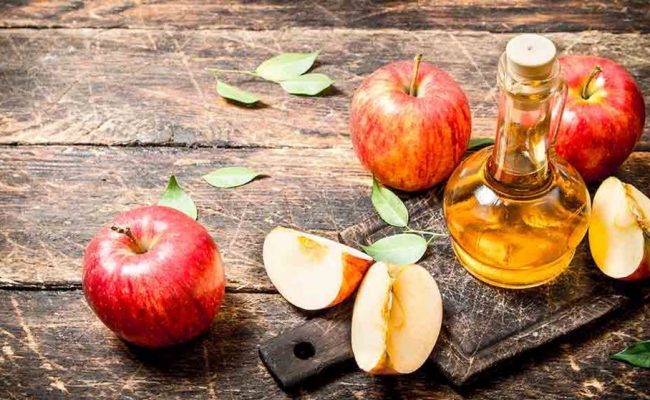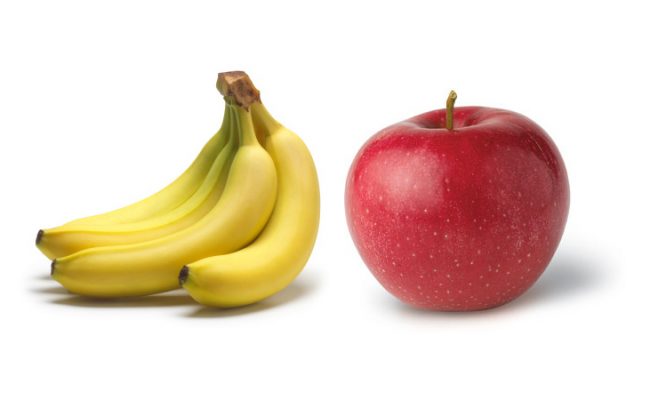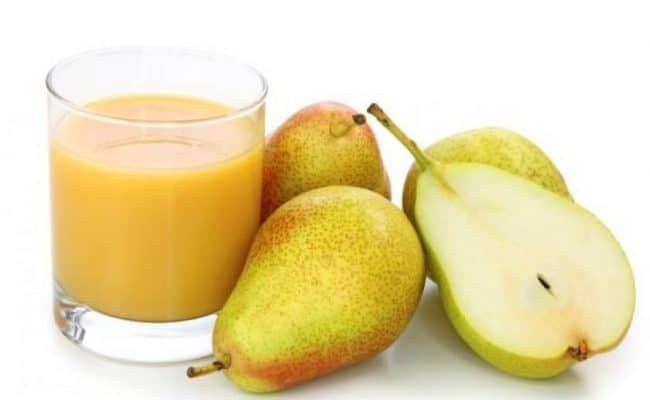
Grapes are full of valuable nutrients including fiber, potassium, iron and various antioxidants. The antioxidant resveratrol is found in the skin of red grapes and associated with heart health and may offer protection against other chronic diseases.
A cup of grapes provides about 100 calories, 1.5 grams of fiber and is a source of vitamin A and C. Like most fruits, grapes are high in water content and the energy from grapes comes primarily from carbohydrates. However, grapes are low in glycemic load food and may be beneficial for people who are at risk for diabetes.
Hydrating
Because grapes are so high in water content, they can help you reach your daily fluid needs. Most of the body’s fluid needs are met by drinking water throughout the day, but eating foods high in water can help you reach your daily fluid intake recommendation.
Grapes can be a filling, healthy snack because they are high in water content, a fiber source and low in calories. Grapes are hydrating the body, providing antioxidants and a fiber source without providing a lot of calories. When the weather is hot, frozen grapes can be a sweet way to hydrate your body and cool off.
Antioxidants
Grapes of all colors contain high levels of various antioxidants. Antioxidants from food provides the body a way to protect cells from damage caused by free radicals. Eating a diet high in natural antioxidants may help protect from various chronic diseases such as heart disease. Many chronic diseases are associated with oxidative stress, and antioxidants can help lower oxidative stress in the body. Grapes may even protect the brain from oxidative stress which could lower risk for brain diseases such as dementia.
Resveratrol from the skin of grapes is associated with protecting heart health, and grapes also contain antioxidants lutein, zeaxanthin and anthocyanins that may offer specific protection for eye health. In fact, some research from mice studies indicates that grapes may help prevent damage to the retina that can be found with age related macular degeneration.
Cancer risk
Eating a diet rich in fruits and vegetables can provide many health benefits including possibly lowering the risk of many chronic diseases. The antioxidants in grapes help protect cells from damage which could also help lower risk for cancer growth.
The antioxidants from grapes may slow the growth of cancer cells related to esophageal, lung, prostate, endometrial and prostate cancer. However, the American Cancer Society there is little research evidence suggesting that eating grapes can prevent or treat cancer in people. While grapes have antioxidants that can help protect the body from cancer cell development, cancer is a multi-faceted disease with many variables.
Heart health
There are many ways that grapes may offer a benefit for heart health. First, grapes are a source of potassium; a cup of grapes provides around 300 milligrams of potassium. A diet rich in potassium and lower in sodium is beneficial for blood pressure and may help to lower high blood pressure. Eating a high amount of fruits and vegetables is an easy way to bump up potassium intake, which many Americans do not get enough of daily.
The antioxidant resveratrol found in grapes and wine also offers a cardio protective advantage that has been shown in many research studies. There is some research to suggest drinking wine in moderation may also help increase life span, as it appears wine may “turn on” longevity genes in the body.
Eating grapes may also help improve blood flow, increase artery flexibility and help prevent platelet coagulation. The antioxidants in grapes can also protect LDL cholesterol from oxidizing, which is beneficial for heart health because oxidized LDL are more damaging than regular LDL cholesterol.
Type 2 diabetes
Those who have diabetes or are at risk for diabetes are often recommended to eat a low glycemic load (GL) diet because this lowers the raise of blood sugar after a meal. Even though grapes are primarily carbohydrate, they are actually considered a low GL food. This is because grapes have fiber which delays the carbohydrates from being absorbed after digestion.
A 2009 review article concluded that grapes may provide health benefits for type 2 diabetes. However, grape juice or other grape products high in sugar and low in fiber may not offer the same benefit as real grapes.
A 2007 study also showed that antioxidants from grapes may protect beta cells in the pancreas from damage that is associated with type 1 diabetes which may reduce the risk of type 1 diabetes.
Conclusion
Grapes have many health properties, but the majority of research shows that the antioxidants in grapes provide the majority of health benefits associated with grapes. Grapes are cardio protective because of the resveratrol and the high potassium content.
Grape antioxidants protect the body cells from damage caused by free radicals and may help lower risk for damage caused by cancer. These antioxidants may also protect the brain and eyes from age related diseases.
Grapes are high in water content and are useful for rehydrating the body and provides a healthy, nutrient dense snack.
References used in this article










